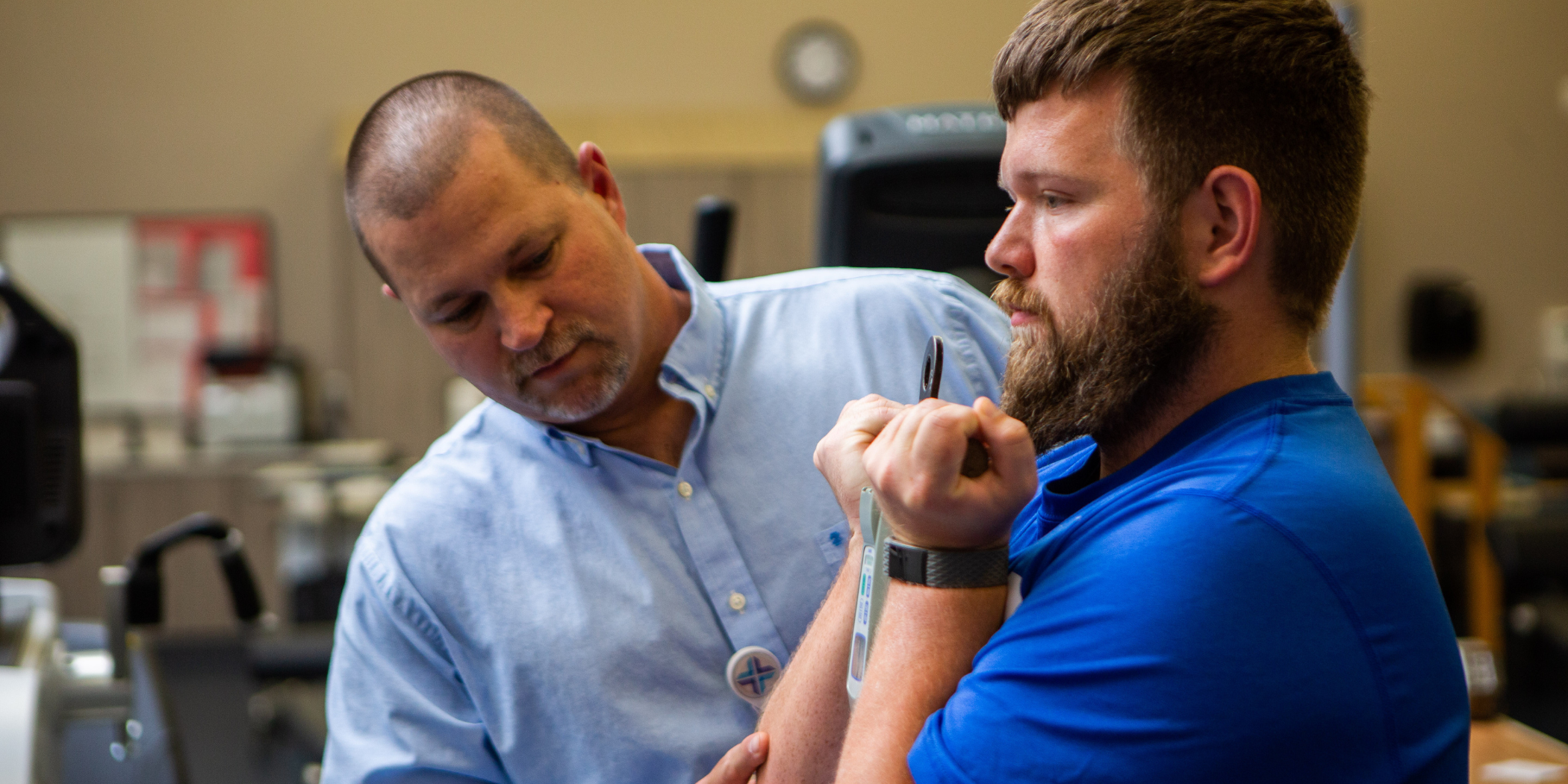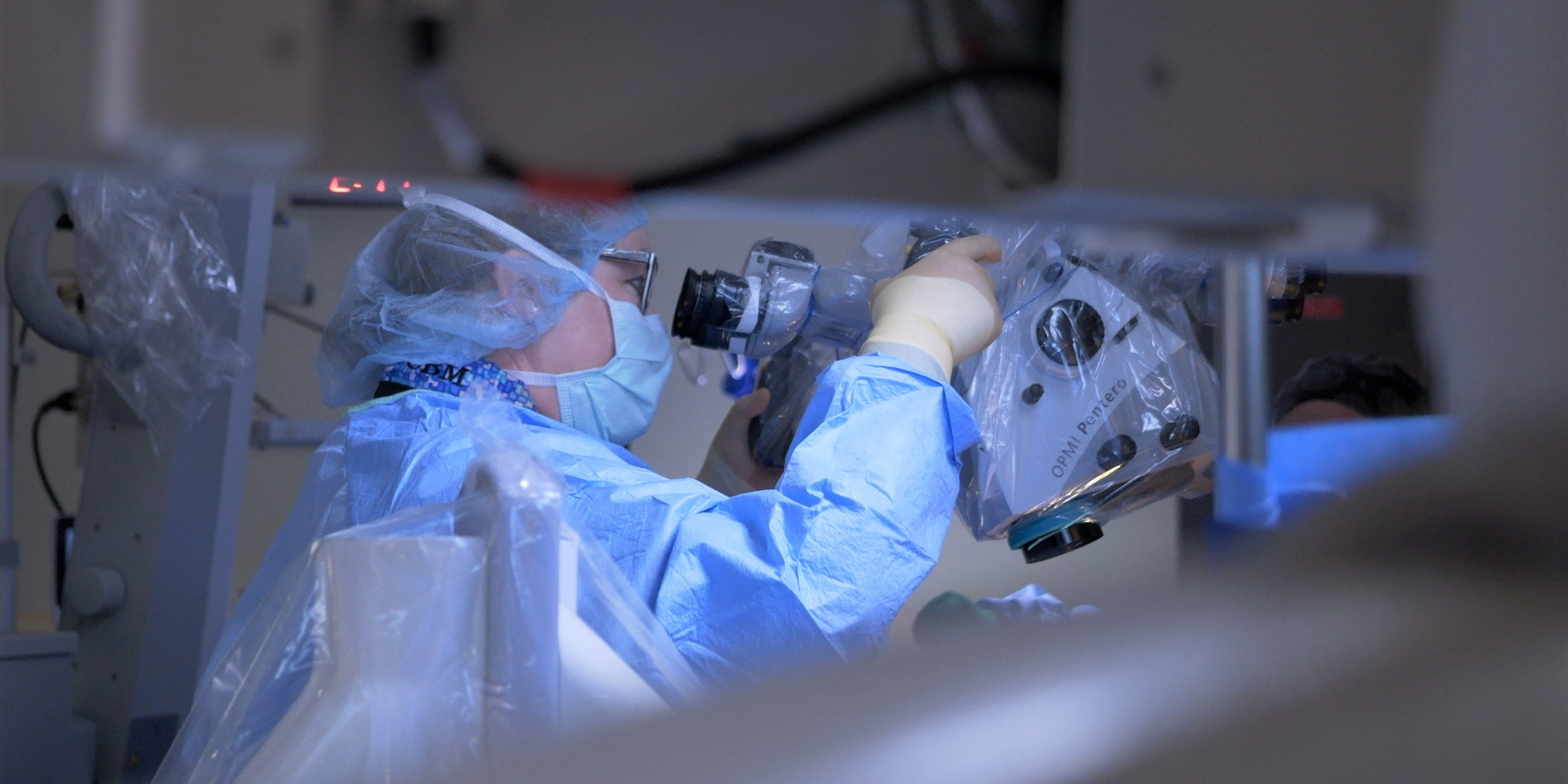
Hit me with your best shot
Do you remember the seemingly endless series of shots your children received during their infant and toddler years? Vaccines you may never have heard of were required or encouraged for entrance to preschool as well as elementary school. As children get older, it is important to remember that protection from some vaccines begins to wear off. Being aware of the vaccine schedule for preteens and teenagers can give your son or daughter the opportunity to give high school and college their best shot.
|
Vaccine |
Age |
Protection |
Did you know? |
|
Tdap |
11—12 |
Tetanus, diphtheria, and pertussis (whooping cough) |
Protection provided by the DTaP vaccine received during childhood wears off as children get older. Tdap is a booster shot that protects not only your preteen but also those around them, such as babies and the elderly. Tetanus, diphtheria, and pertussis are all caused by bacteria and can spread from person to person. Tetanus enters the body through scratches, wounds, or cuts. |
|
MCV4 |
11—12 |
Meningitis and sepsis (bloodstream infection)
|
The meningococcal vaccine protects against the bacteria that causes meningitis and sepsis. A booster shot is recommended at age 16 to continue to provide protection. Meningococcal meningitis is an inflammation of the lining around the brain and spinal cord that can cause brain damage, hearing loss, learning disabilities, and even death. The bacterium that causes this disease is spread through the exchange of respiratory or throat secretions from coughing or kissing. This vaccine is especially important if your child plans to move into a college dormitory or military barracks. |
|
HPV |
11—26 |
Human papillomavirus
|
HPV can be spread through any direct skin-to-skin contact during sexual activity. HPV is the most common sexually transmitted infection in the United States today. The HPV vaccine is administered in three doses over a six-month period. There are two different vaccines that protect against HPV— Gardisil and Cervarix. Both vaccines protect against HPV types that can cause cervical cancer, and both vaccines have been shown to prevent cervical cancer. Gardisil has been shown to prevent cervical, anal, vaginal, and vulvar cancer as well as protect against the types of HPV that cause genital warts. Both Gardisil and Cervarix are recommended for young girls, but Gardisil is the only vaccine can be given to boys and young men as well. |
|
Flu |
Yearly vaccine for 6 months or older |
Influenza
|
Influenza, more commonly known as the flu, is caused by a virus that affects the nose, throat, and lungs. While most people recover within a few days of contracting symptoms, serious complications can arise from the flu, such as pneumonia, bronchitis, sinus infections, and ear infections. Children with diabetes and asthma are at a greater risk for complications as a result of the flu. There are two types of vaccines that your child can receive: the flu shot or the nasal-spray flu vaccine. The flu shot is an inactivated, or dead, flu virus that is injected into the arm and provides protection from the flu for healthy individuals ages six months or older and those with chronic medical conditions. The nasal-spray flu vaccine is made with live, weakened flu viruses that will not cause the flu. It is approved for healthy people ages 2 to 49 who are not pregnant. |
Protecting your children from viruses and bacteria may seem like a full-time job but unlike most jobs, this one scores a huge bonus for you and your children—staying healthy. Make sure that you are up to date on your child's vaccination schedule as well as any boosters that are recommended by the Centers for Disease Control and Prevention.












